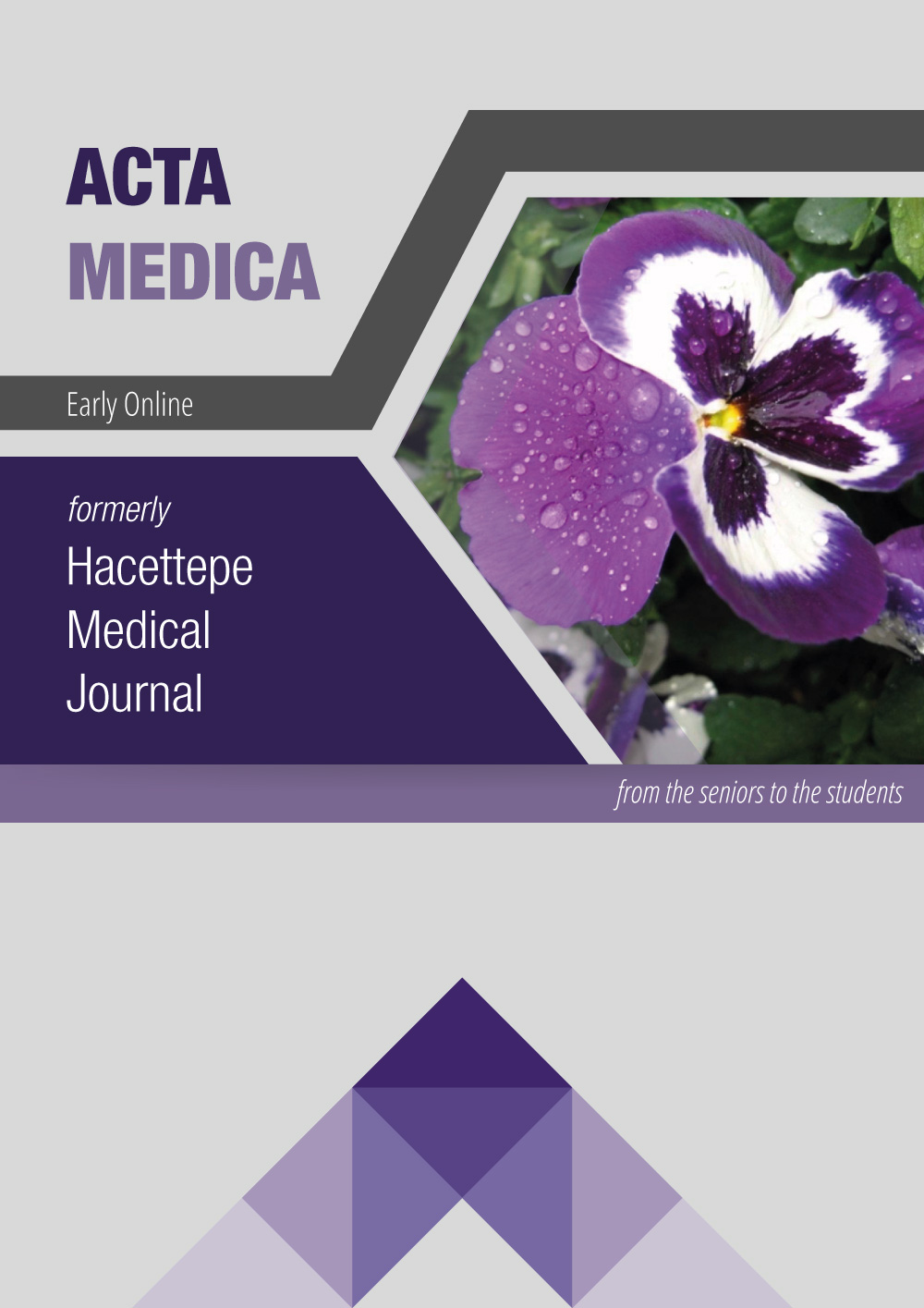Evaluation of Sleep Quality with Use of Angiotensin Receptor Neprilysin Inhibitor in Patients with Reduced Ejection Fraction Heart Failure
DOI:
https://doi.org/10.32552/2022.ActaMedica.645Abstract
Background and Aim: It is known that chronic heart failure reduces sleep quality by causing sleep problems. In recent years, it has been observed that sacubitril-valsartan, which is an angiotensin receptor neprilysin inhibitor, reduces mortality and hospitalization in patients with heart failure. The aim of our study is to examine whether sacubitril-valsartan affects sleep quality in patients with reduced ejection fraction heart failure apart from these benefits.
Material and Method: In our study, 44 patients with a history of heart failure with reduced ejection fraction applied to our cardiology outpatient clinic of Gazi Yaşargil Training and Research Hospital were included. Demographic, clinical, laboratory, electrocardiographic, and echocardiographic parameters of these patients were examined. Sacubitril-valsartan treatment was initiated in all patients. Dose titration was performed in patients who could tolerate the treatment. Pittsburgh sleep quality index questionnaire was performed in all patients before treatment and at the end of the second month.
Result: The median age of the study population was 61.5 (47.2 - 70.7, IQR) years and 30 (68.2 %) of them were male. There were 30 (72.7 %) ischemic heart failure patients and 14 (27.3 %) non-ischemic heart failure patients. There was a significant decrease in the number of patients with poor sleep quality after angiotensin receptor neprilysin inhibitor treatment compared to baseline [36 (81.8 %) vs 30 (68.2 %), p= 0.031]. In addition, there was a significant decrease in the total Pittsburgh sleep quality index score of patients compared to the baseline [9.0 (7.0 - 12.0) vs 7.0 (5.0 - 9.0), p < 0.001].
Conclusion: In our study, we observed that sacubitril-valsartan treatment improves sleep quality in patients with reduced ejection fraction heart failure.


